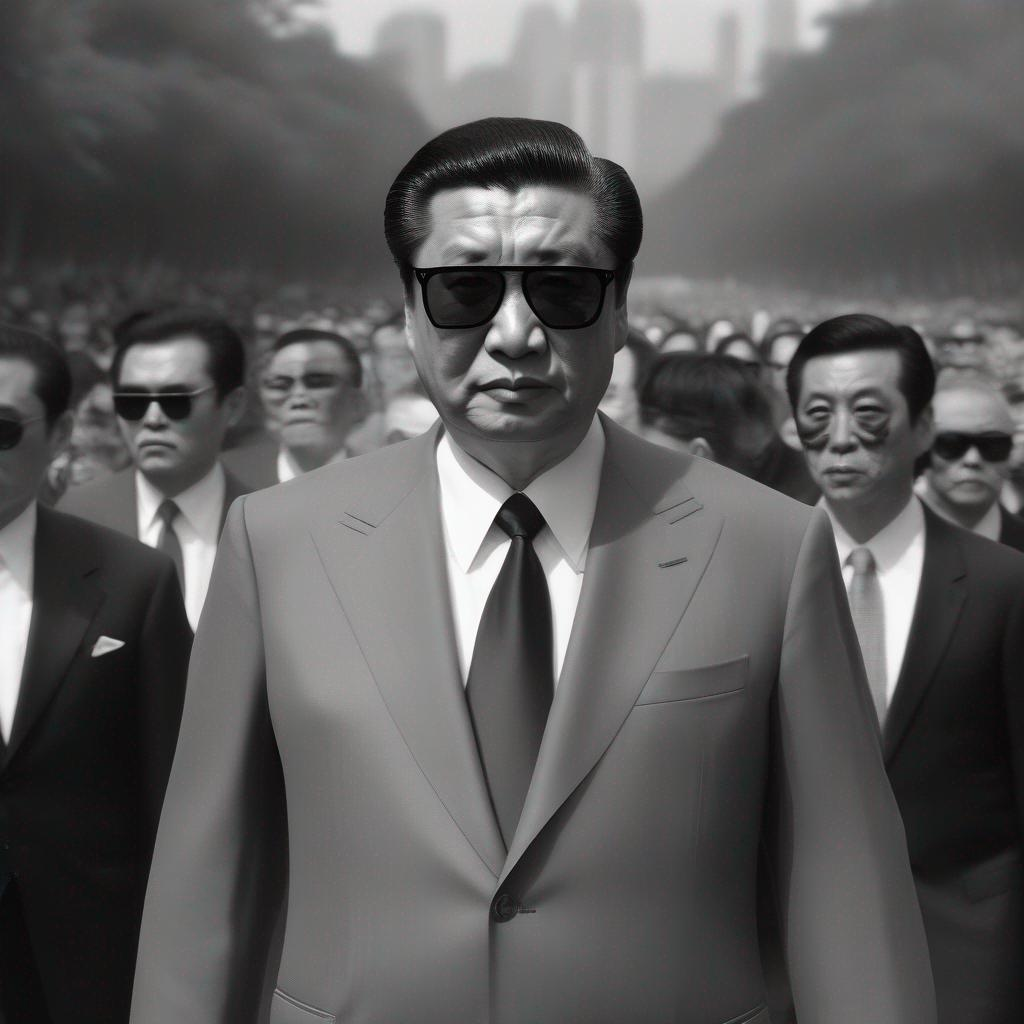The language in the article is just eugh though. Some funny bits:
Mr Xi has called food security a guozhidazhe. That is the high-flown phrase which he uses to denote “the main affairs of state” or “national priorities”. To that end, the supreme leader and his underlings emphasise the need to grow grain, rather than frivolities like fruit or flowers, on China’s limited stocks of prime arable land.
When food priority is on the task list of the state, it’s bad apparently
In and around Chengdu, the capital of Sichuan province, officials are focusing on Mr Xi’s current priority. That means growing grain. They are making their obedience visible. Mr Xi visited the fertile Chengdu plain last year, recalling how it was known in history as “heaven’s granary”. Those words, along with Xi-isms about food security and cropland, now appear on village walls and roadside propaganda posters.
Xi is eating all the grain. Food security is a Xi-ism now


To me it reads as a use of the “cult of personality” rhetoric.
(Edit to add:) This reminded me of Roland Boer talking about how paying attention to the thought of your leaders is important (partially quoted, not exact)[1]:
So to me, it reads as demonizing the fact that the leader would have actual thoughts about topics that matter. Since the Western leader’s dont do it, they can try to paint Chinese leaders doing it as a bad thing.
This is from Chapter 1 “Marxism as China’s Special Thing” (Socialism with Chinese Characteristics.) ↩︎